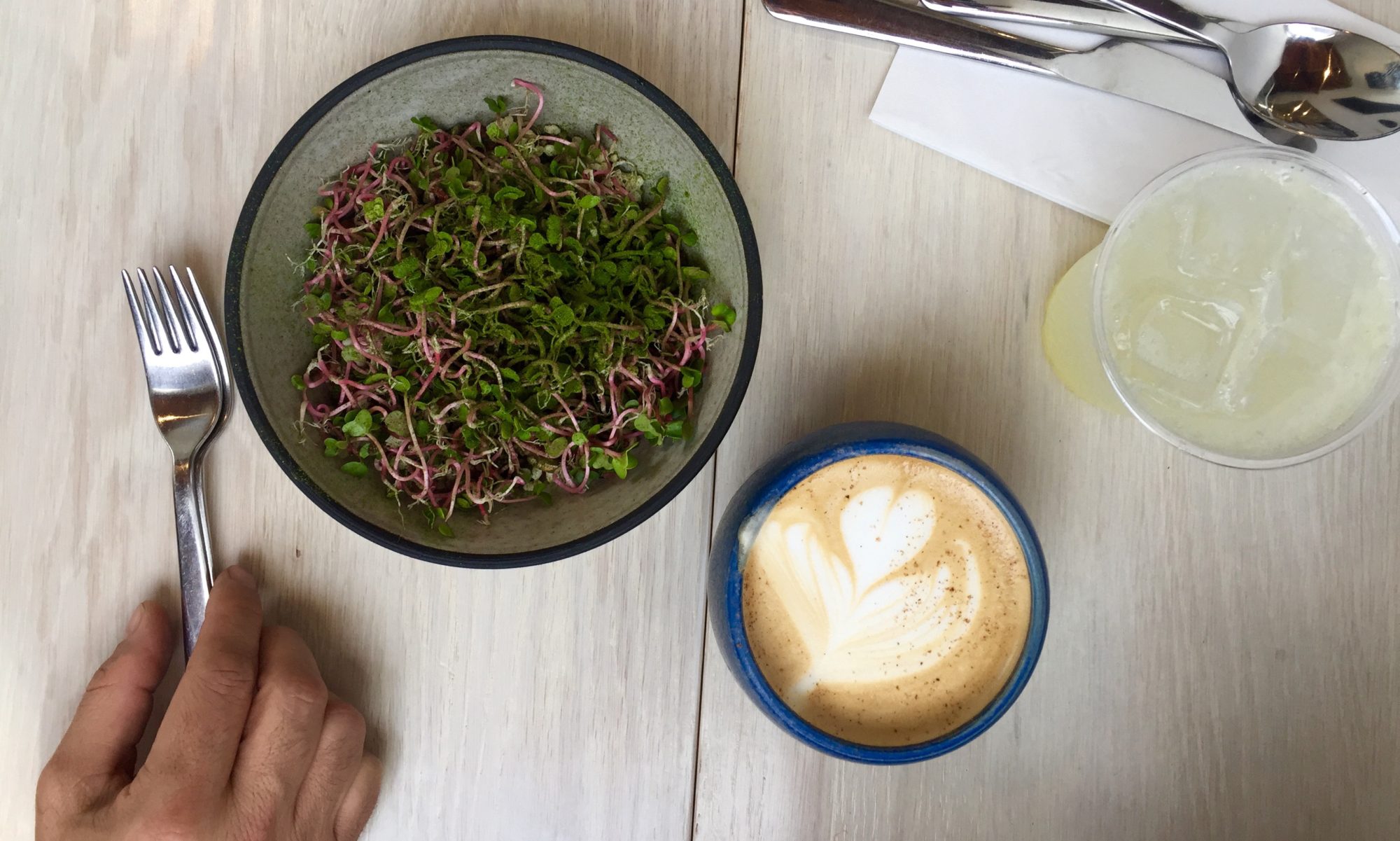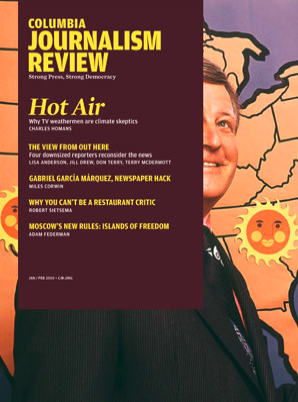It’s been nine months since my writing partner, Leah Greenstein, and I created Food Ethics and our controversial Food Blog Code of Ethics. In those months, much has happened here in the world of online food writing and criticism. The Federal Trade Commission has made it punishable by law for big (and little) companies to give money and gifts to bloggers without being transparent about it. One blog offers badges to denote a commitment to honesty and integrity. Blogs that once skirted the issue of freebies and comps, now openly state their affiliations, biases, and disclose freebies.
But when Leah and I first decided to write our statement of purpose nine months ago—for the sake of being clear on what we stood for in online writing—the topic of ethics in the blogosphere was something that was whispered between online writers. Many had opinions, but few were willing to publish their thoughts on the matter. So, when Leah and I decided it was time we write out our five-point manifesto on food blog ethics, our words and point of view caused a lot of controversy. We were shocked at how many people got engaged (and enraged) and suddenly everyone was talking about ethics. In a time when most people were interested in new iPhone apps and the birth of Twitter, we were ecstatic that we were surrounded by people arguing about philosophy. Getting people to think about the effect of their words before they hit PUBLISH was our goal.
So it was with great pleasure that Leah and I discovered Food Ethics was mentioned by Robert Seitsema, the author and food critic for the Village Voice in his comprehensive Columbia Journalism Review article, “Everyone Eats…But that doesn’t make you a restaurant critic”. In it, he masterfully charts the history of restaurant reviewing in the United States since the 1970’s and the effect of a handful of people on food writing.
Between mentions of the monumental effect of Criag Claiborne’s reviewers guidelines on food reviewing, how Gael Green’s sexy prose and memoir-style forever changed food writing and how Ruth Reichl shook up reviewing when she made her reviews a “bona fide literary form”—there was a full paragraph dedicated to our Leah and I and our blog, Food Ethics.
According to Seitsema, Craig Claiborne’s “procedural framework” for restaurant reviewing set the stage for generations of food writers and our blog FoodEthics “hedged on many of Claiborne’s principles, but sought to partly maintain them.”
“In the half century since Craig Claiborne developed his reviewing system, the nation’s attitude toward food has changed profoundly. Eating in restaurants has gone from being an infrequent occurrence for most people to being a primary form of entertainment. The marketplace is filled with new food, more food, and more-expensive food, and eating has become a preoccupation for the millions who consider themselves foodies. Many patrons no longer want to become regulars at one or two restaurants—they’d rather sample the vast smorgasbord the city offers, and many consider being the first to reach a new place a preferment. This behavior is creating a boom-and-bust cycle for restaurants, in which novelty and buzz is valued above excellence.”
Thanks to technology and the speed of doing business, things are changing fast. But amongst all of this transformation, Sietsema points out, there still remains a need to maintain ethical guidelines in food writing. Claiborne’s reviewing structure that he created decades ago still remains important to mainstream media. As citizen journalists flood the internet every time they press “publish”, the future of online writing lays in the hands of every man. Progress is important. But it’s integral that we remember the lessons of the past.
If you have a blog, where do you stand now about this issue? Considering that once you hit publish you become a citizen journalist, do you believe you should follow a journalistic code when it comes to reviewing products or businesses?


Congratulations, Brooke!
You have to take the source of this fine article into account. Print reviewers got clobbered by the online world and they’re still recovering. Newspapers have had to learn to compete with a medium they still don’t respect, but fear.
But being a big reviewer seems to have lost its cache anyway. When I teach general classes in food writing, fewer and few people want to know how to review. Maybe it’s because anyone can now put forth opinions online in multiple mediums, and because there are so few full-time jobs for reviewer — just a few dozen in the US now, I fear.